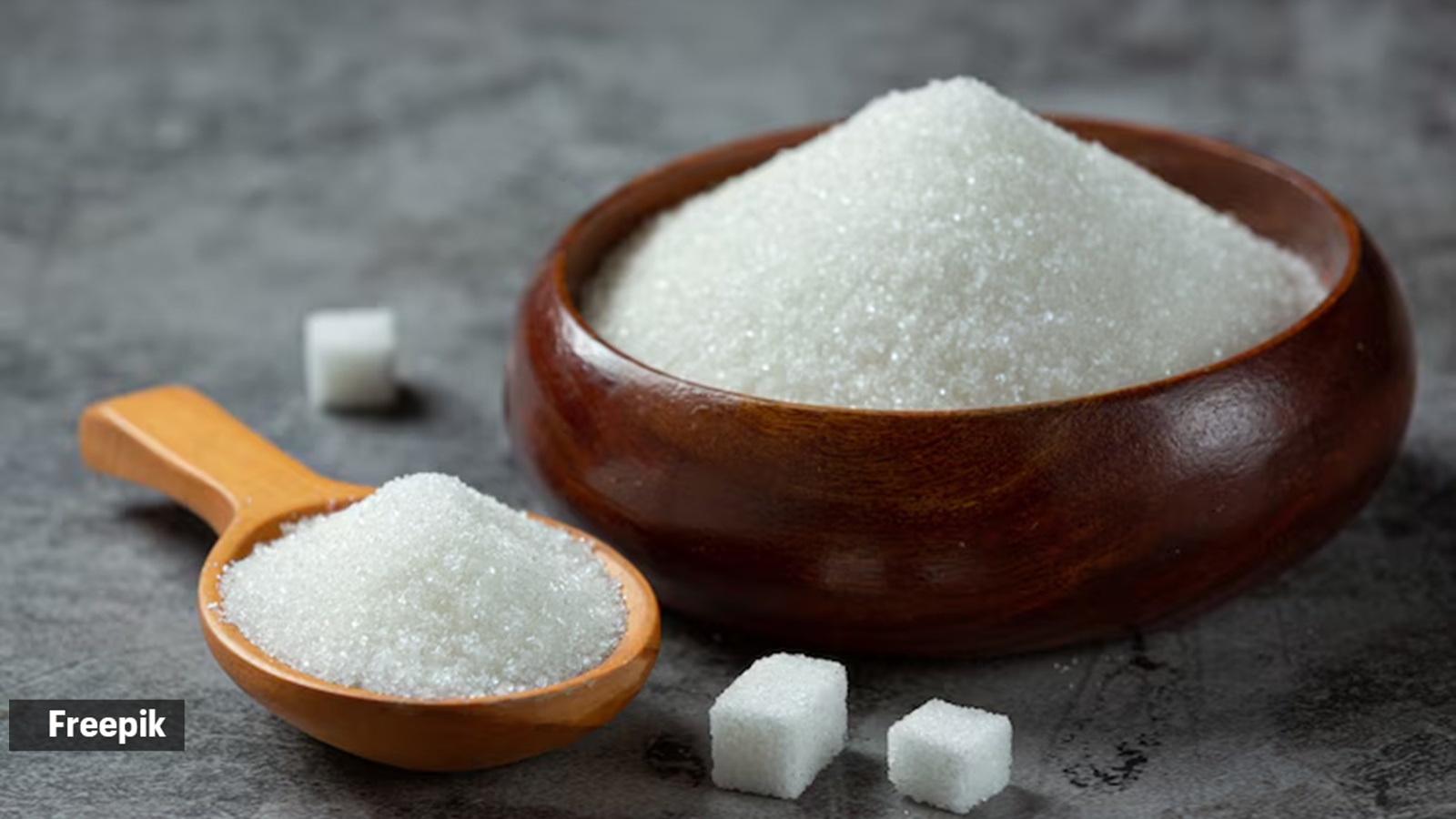Sugar — the source of many modern-day ailments — needs to be consumed carefully. But can sugar, known to increase the risk of diabetes, also affect hormonal health? If social media claims are to go by, 75 grams of sugar decreases testosterone by 25 per cent for up to two hours after consumption. “Junk food is literally making you less of a man,” a post from Masculine Soul’s Instagram page read.
Wait, what? We had to get this verified by experts. Find out what they said.
Testosterone is a crucial hormone in men responsible for various functions, including developing male reproductive tissues and maintaining muscle mass and bone density. “Low levels of testosterone are linked to loss of bone density and fractures,” said Dr Surabhi Siddhartha, consultant obstetrician and gynaecologist, Motherhood Hospital, Kharghar.
So sugar affects testosterone?
“Any significant decline in testosterone levels can potentially impact fertility,” said Dr Bhavna Banga, clinical director, reproductive medicine and IVF, Cloudnine Group of Hospitals, Noida and Kailash Colony.
While there is evidence linking excessive sugar intake to various health issues, including potential impacts on testosterone levels, the specific claim may need to be analysed further to determine its accuracy, exclaimed Dr Banga.
Regarding the relationship between sugar consumption and testosterone levels, Dr Banga shared that research suggests that excessive sugar intake may indeed have adverse effects on hormone levels, including testosterone.
Several mechanisms could contribute to hormonal imbalances
Insulin resistance: High sugar consumption can lead to insulin resistance, a condition where cells become less responsive to insulin. This can disrupt hormone regulation, potentially affecting testosterone production, said Dr Banga.
Increased fat storage: Excess sugar can contribute to weight gain and increased body fat, particularly around the abdomen. “Higher body fat levels are associated with lower testosterone levels,” said Dr Banga.
Inflammation: Sugar consumption can promote inflammation in the body, which may interfere with hormone production and regulation.
Leptin resistance: Leptin is a hormone that regulates appetite and metabolism. “High sugar intake can lead to leptin resistance, which may indirectly impact testosterone levels,” said Dr Banga.
While high sugar intake can have negative health consequences, including potential impacts on fertility and hormone levels, “the exact threshold and magnitude of this effect may vary among individuals and depend on various factors such as overall diet, lifestyle, and genetic predisposition”, stressed Dr Banga.
Why is junk food a concern?
Obesity and hormonal imbalance: Junk food, characterised by its high calorie, low-nutrient profile, often leads to obesity and metabolic disturbances. “Excess body fat, especially around the abdomen, can disrupt hormone production and increase estrogen levels relative to testosterone, negatively impacting fertility,” said Dr Banga.
Insulin resistance: Regular consumption of junk food contributes to insulin resistance and may lead to type 2 diabetes. Insulin resistance can disrupt hormone balance and impair reproductive function, mentioned Dr Banga.
Inflammation: Junk food is associated with chronic inflammation, which can affect sperm quality and reproductive health.
Nutrient deficiencies: A diet high in junk food lacks essential nutrients like vitamins, minerals, and antioxidants necessary for optimal reproductive function. “Deficiencies in these nutrients can impair sperm production and quality,” said Dr Banga.
Environmental toxins: Processed junk food often contains additives and preservatives that may have negative effects on reproductive health.
What to keep in mind?
To mitigate these effects and support fertility in men, a balanced and nutritious diet is essential. Emphasise whole foods such as fruits, vegetables, lean proteins, whole grains, and healthy fats while minimising intake of processed and sugary foods. “Regular physical activity, maintaining a healthy weight, and avoiding smoking and excessive alcohol consumption are also critical factors in promoting reproductive health,” said Dr Banga.








